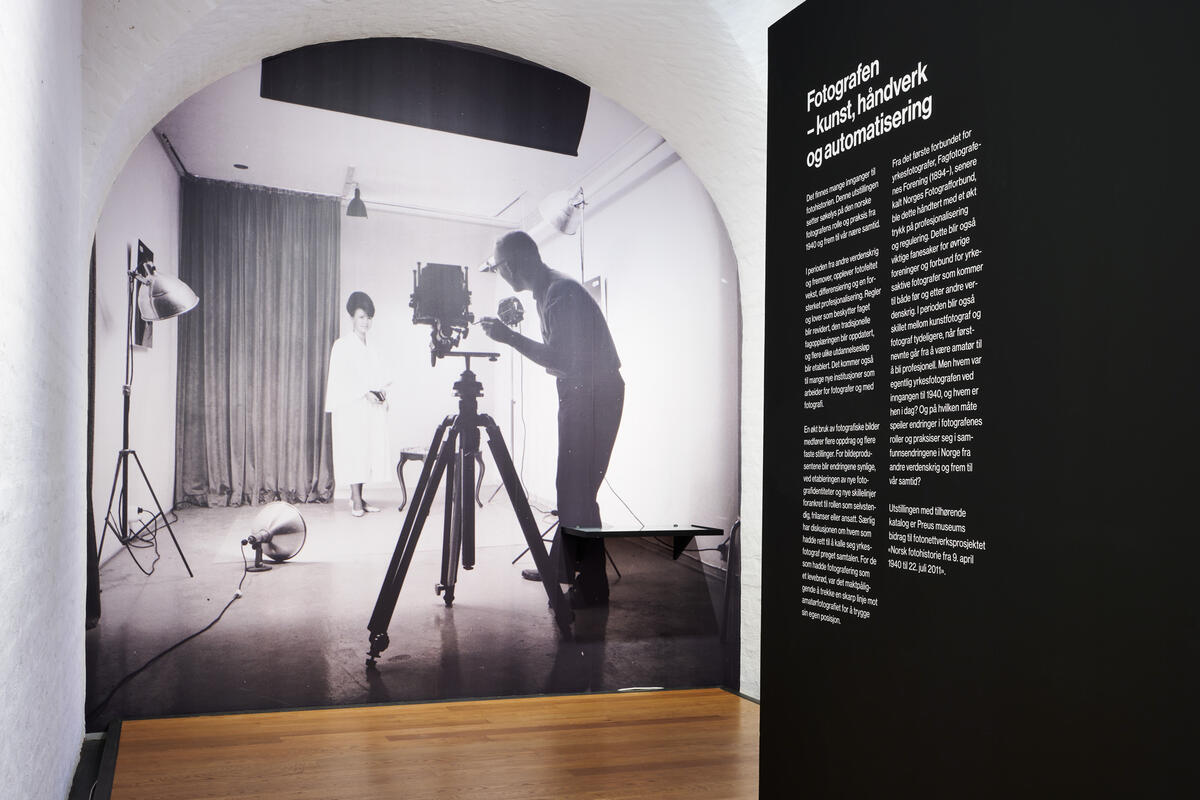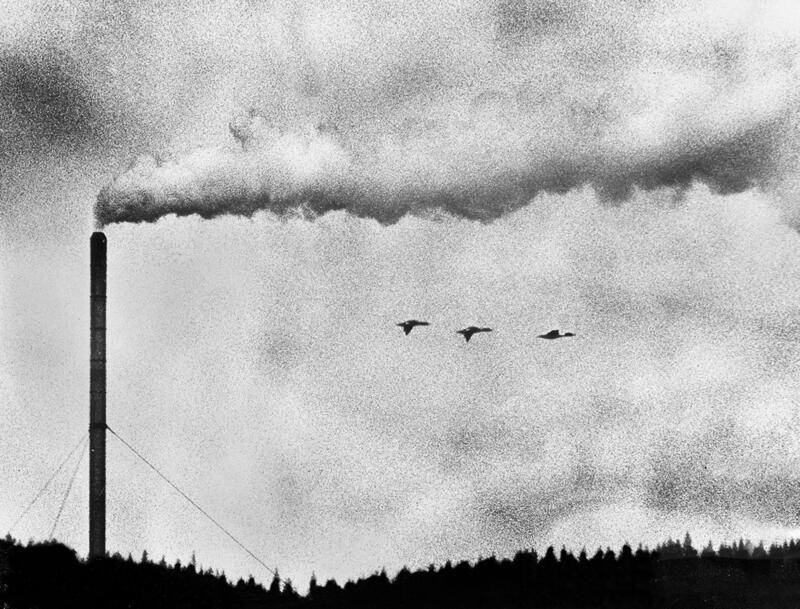The Photographer - Short summary
From the Second World War on, the field of photography witnessed growth, specialization, and increased professionalization. The rules and regulations protecting the field were revised, traditional modes of training were updated, and new training programs were set up. Many new institutions that either worked for photographers or focused on photography came into being. The increased use of photographic images led to a rise in commissions and permanent positions.
For the producers of these images, the changes were noticeable in the creation of new identities and dividing lines related to their roles as independent freelancers and staff photographers. Above all, the question of who exactly was entitled to call themselves a professional photographer proved contentious. For those making their living from photography, it was imperative to draw a sharp distinction between themselves and amateur photographers in order to secure their own position.
The first association of professional photographers in Norway, founded in 1894 as Fagfotografenes Forening and later renamed Norges Fotografforbund, tackled this question by emphasizing professionalization and regulation. This would also become a priority for other associations of professional photographers that emerged both before and after the Second World War. During this era, art photographers went from amateurs to professionals and began to distinguish themselves from other photographers.
But who exactly were professional photographers around 1940 – and who are they today? And how are changes in the roles and practices of photographers reflected in other social developments in Norway from the Second World War until the present?

